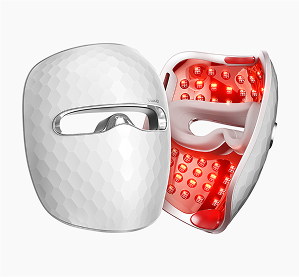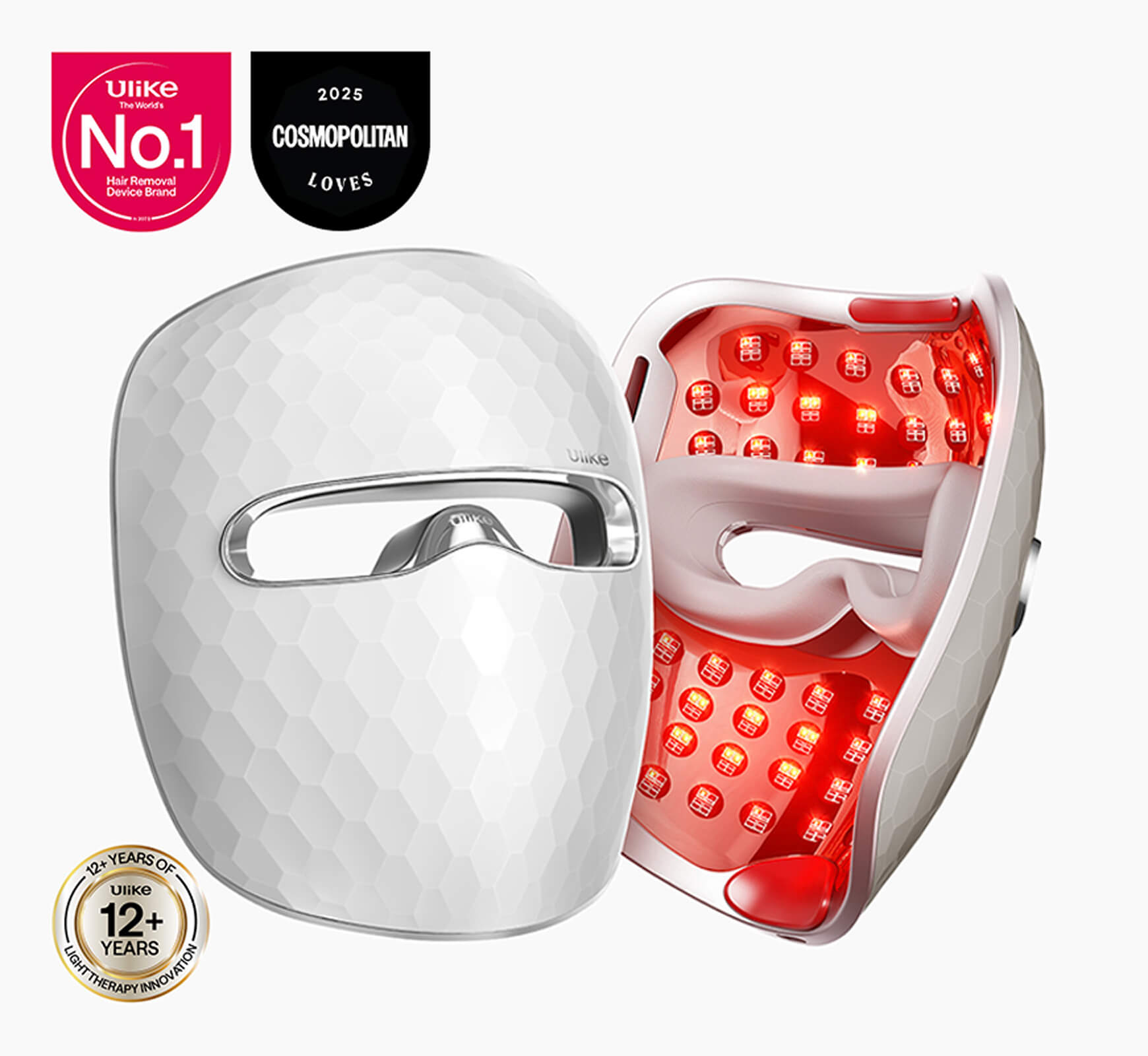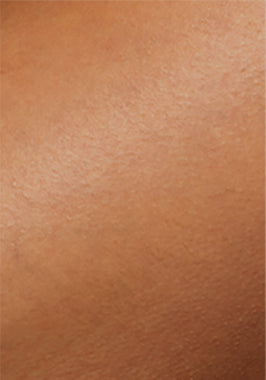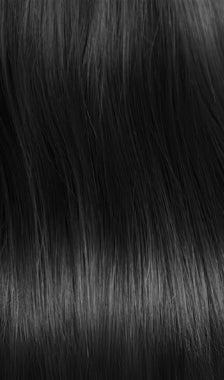
Why Do I Have Hairy Feet? And 9 Ways to Get Rid of It
Are you one of those few people who have hairy feet? Additionally, do you feel like hairy feet are annoying as they get stuck in your footwear and look ugly? Let me tell you that you are not alone, many others second you.
Well, some people only have a few strands of hair on their feet while others have feet resembling those of a wolf. In both cases, hairy feet are not as bad as you consider. Also, you can get rid of them in simple ways as well.
therefore, let us find out why you have such hairy feet and the 9 best ways to get rid of it.
Table of Contents:
- Part 1: Causes of Hairy Feet
- Part 2: Facts About Hairy Feet
- Part 3: Why Should You Remove Hair From the Feet
- Part 4: 9 Ways to Get Rid of Hairy Feet
Causes of Hairy Feet

The most common causes of excess hair on the feet are as follows.
1. Genetics and Heredity
Regarding the development of physical characteristics like body hair, genetics is the top factor that determines the density, growth rate, color, texture, and even location of the hair [1].
Thus, it is highly possible that you got your hairy feet from your ancestors, all thanks to heredity.
2. Hormonal Status
Hormones control the stimulation and activity of hair follicles. For example, men naturally have more hair on their feet as they are born with high levels of testosterone production in their bodies [2].
Additionally, women can also have hairy feet because of the imbalance of estrogen and progesterone in their bodies which increases the production of testosterone.
3. Endocrine Disorders
Endocrine disorders affect hair growth rate, cycle, and density [3]. The diseases involving adrenal glands and ovaries are implicated in the development of hairy feet.
In PCOS, there is increased production of hormones from ovaries that stimulate hair follicles. Similarly, hairy feet can result from Cushing’s disease and adrenal hyperplasia as there is increased production of steroid hormones in these cases.
4. Medicines
Medicines can interfere with the natural growth of hair on the body.
Such medicines include anabolic steroids, long-term therapy with corticosteroids, minoxidil, danazol, metyrapone, cyclosporin, and fluoxetine [4].
5. Hypertrichosis
Lastly, we have hypertrichosis, a hair growth disorder in which there is the presence of thick, dense, and long hair all over the body.
Also called werewolf syndrome, hypertrichosis can be genetic, prepubertal, or drug-induced [5].
Facts About Hairy Feet

Regardless of the etiology of hairy feet, here are some facts healthy feet hair signifies.
1. Sign of Good Circulation
Good blood circulation through the body means better blood flow to the feet. If your feet receive good blood supply and thus nutrition, the hair follicles work efficiently and result in hairy feet [6].
2. A Healthy Diet and Lifestyle
People taking bad diets often have no hair on their feet as the hair does not get the nutrition it needs [7]. In contrast, healthy foot hair might mean that you are living a healthy lifestyle.
3. No Peripheral Limb Disease
Diabetes, hypertension, congestive heart disease, and varicose veins lead to the loss of hair on the feet and legs. These diseases also cause ankle and foot edema.
Thus, if you have thick feet of hair and are losing it now, you should get checked for complications of peripheral vascular disorders.
4. Footwear Plays a Role
Tight and misfit footwear constantly irritates the hair on the feet. Consequently, the hair falls off by force.
Although being hairless is preferred, you might not like losing hair painfully.
5. A Rare Cancer
In about 5% of the cases, sudden development of hairy feet with other signs of poor health like fatigue, anorexia, and weight loss can be a sign of cancer. Also, note that it is rare.
Why Should You Remove Hair From the Feet

Feet hair is more of a grooming and cosmetics issue than a health problem. You can choose to remove it or keep it.
And if you cannot make a decision, here is why you should get rid of the hairy feet.
1. To Prevent Bad Odor
Hairy feet accumulate dust, impurities, bacteria, and sweat. All this together can give you bad feet odor just like an armpit smell.
You would not want your room to stink as you take your socks off, right? Therefore, you should remove those long feet of hair.
2. To Prevent Sweating
People with hairy feet tend to sweat more than people with hairless feet. So, if you do not like sweating on the feet when you are wearing shoes, it is better to remove hair.
3. For a Well-Groomed Look
We all agree that hairy feet do not look neat, right? Thus, if you would rather have well-groomed and clean-looking feet, removing foot hair is a great option.
4. For No Restriction to Intense Physical Activity
Hair on the feet can get stuck in the footwear, make your feet damp with sweating, and interfere with physical activity.
In contrast, removing foot hair improves ventilation through the feet and allows you to exercise intensely with no restriction.
9 Ways to Get Rid of Hairy Feet
Let us now discuss methods to get rid of hairy feet.
Long-Lasting Methods

Starting from the long-lasting ways to remove hair from the feet, here are your options.
1. IPL Hair Removal
IPL hair removal is an at-home laser hair removal method that gives results comparable to in-office lasers. But it is super economical, practical, and pain-free.
Also, you can give Ulike Sapphire Air3 IPL hair removal device a try for seamless hair removal on any part of the body.
2. Laser Hair Removal
If you feel insecure about IPL hair removal even though it is FDA-cleared, leave the hairlessness in an expert’s hands and go for an in-office laser hair removal session.
Although expensive, laser hair removal offers results lasting up to many years as explained in how long laser hair removal last.
3. Electrolysis
If you dislike your hairy feet too much and never want the hair back, book your electrolysis hair removal sessions.
In this method, the hair roots are eradicated completely and you achieve long-lasting hairlessness.
Semi-Long-lasting Methods

Hair removal methods that are more affordable yet short-lasting than the methods given above are as follows. Also, these last for 4 to 6 weeks.
1. Waxing
If you wax your legs and body hair, waxing hairy feet will not be a problem. Waxing removes the hair from the roots and gradually reduces hair regrowth. However, it can be a little messy on hairy toes.
2. Epilation
Epilation also removes the hair from the roots. The good thing about it is that you only need an epilator. There is no need to struggle with warming the wax and applying the strips. However, epilation can be more painful than waxing.
3. Tweezing
If you only grow a few hairs on the feet or you come across stray hair on the feet, a tweezer can be the best option to try. A tweezer removes the unwanted hair precisely. Also, it is a cheap hair removal method.
Transient Methods

The temporary methods of hair removal are given as.
1. Shaving With Razor
When you shave your legs in the shower, you can shave the hairy feet as well. It is simple, quick, pain-free, and safe. However, the hair will grow back in a few days and you might also develop ingrown hair.
2. Using an Electric Trimmer
If you have coarse hair, that is difficult to remove with a razor or you are afraid of shaving cuts, simply use an electric trimmer to get rid of the hair on the feet. However, it does not give a close shave.
3. Using Scissors
Using scissors to trim unwanted foot hair can be the go-to option for men. It works well for people who do not want a clean look yet want to keep their foot hair in check.
Conclusion
Although hairy feet are a sign of good circulation and lifestyle, they are not a pleasant thing to look at. In addition, they can make you uncomfortable during physical activities. Hairy feet are caused by genetics, hormones, and endocrine issues.
Furthermore, you can get rid of them long-lastingly, semi-long-lastingly, or temporarily with various methods we mentioned in this article.
References
-
- The genetics of human hair growth. Birth Defects Orig Artic Ser. 1971 Jun;7(8):69-85. P S Porter. PubMed. https://pubmed.ncbi.nlm.nih.gov/5173315/
- Hormonal Effects on Hair Follicles. Int J Mol Sci. 2020 Aug; 21(15): 5342. Monika Grymowicz, Ewa Rudnicka, Agnieszka Podfigurna. International Journal of Molecular Science. https://www.ncbi.nlm.nih.gov/pmc/articles/PMC7432488/
- Effects of Hormones and Endocrine Disorders on Hair Growth. Cureus. 2022 Dec; 14(12): e32726. Rishi Hasan, Husain Juma, Fatema A Eid. PubMed Central. https://www.ncbi.nlm.nih.gov/pmc/articles/PMC9788837/
- Drug-induced hair loss and hair growth. Incidence, management, and avoidance. Drug Saf. 1994 Apr;10(4):310-7. A Tosi, C Misciali, B M Piraccini, A M Peluso, F Bardazzi. PubMed. https://pubmed.ncbi.nlm.nih.gov/8018303/
- Hypertrichosis. Dahlia Saleh; Siva Naga S. Yarrarapu; Christopher Cook. Aug 16, 2023. National Library of Medicine. https://www.ncbi.nlm.nih.gov/books/NBK534854/
- Signs of Poor Circulation in Feet. Itasca Foot and Ankle. Sep 21, 2021. https://www.itascafootandankle.com/blog/item/230-signs-of-poor-circulation-in-the-feet.
- Diet and hair loss: effects of nutrient deficiency and supplement use. Dermatol Pract Concept. 2017 Jan; 7(1): 1–10. Emily L. Guo and Rajani Katta. PubMed Central. https://www.ncbi.nlm.nih.gov/pmc/articles/PMC5315033/

What Skin Type Is Best for IPL Hair Removal Devices?

The 10 Best Laser Devices for Men’s Body Hair Removal at Home

5 Dermatologist Recommended At-Home Laser Hair Removal Devices 2025
Need guidance?











































